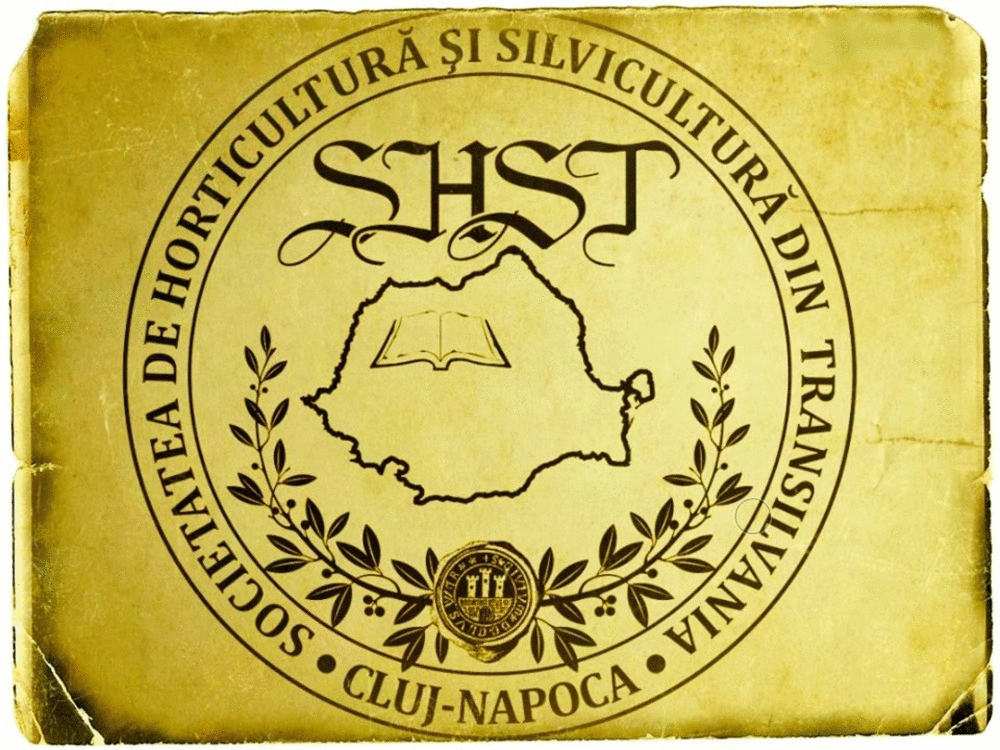Detection of Quorum Sensing Signals in Gram-Negative Bacteria by Using Reporter Strain CV026
DOI:
https://doi.org/10.15835/nsb244863Keywords:
quorum sensing, reporter strain, agar-plate based assay, bacterial communicationAbstract
Quorum sensing signals are referred to as acylated homoserine lactones (AHL) that are mainly found in Gram-negative bacteria. It implies the ability of certain bacteria of producing different AHL molecules. The bacteria Pseudomonas aureofaciens and Xenorhabdus nematophila were cultured in Luria-Bertani (LB10) media and CV026 was used as a reporter strain to detect the presence of AHLs produced by the cultured bacteria. In this study, the reporter strain has revealed the quorum sensing ability of P. aureofaciens and X. nematophila by producing the purple pigment violacein in the supply of external AHLs molecules. Thin layer chromatography (TLC) bioassay having four controls was conducted to detect specific AHL molecule supplied by P. aureofaciens and X. nematophila. The specific AHL molecule was observed to be migrated according to their polarity on the TLC plate.
Metrics
Downloads
Published
How to Cite
Issue
Section
License
Papers published in Notulae Scientia Biologicae are Open-Access, distributed under the terms and conditions of the Creative Commons Attribution License.
© Articles by the authors; licensee SMTCT, Cluj-Napoca, Romania. The journal allows the author(s) to hold the copyright/to retain publishing rights without restriction.
License:
Open Access Journal - the journal offers free, immediate, and unrestricted access to peer-reviewed research and scholarly work, due SMTCT supports to increase the visibility, accessibility and reputation of the researchers, regardless of geography and their budgets. Users are allowed to read, download, copy, distribute, print, search, or link to the full texts of the articles, or use them for any other lawful purpose, without asking prior permission from the publisher or the author.













.png)















